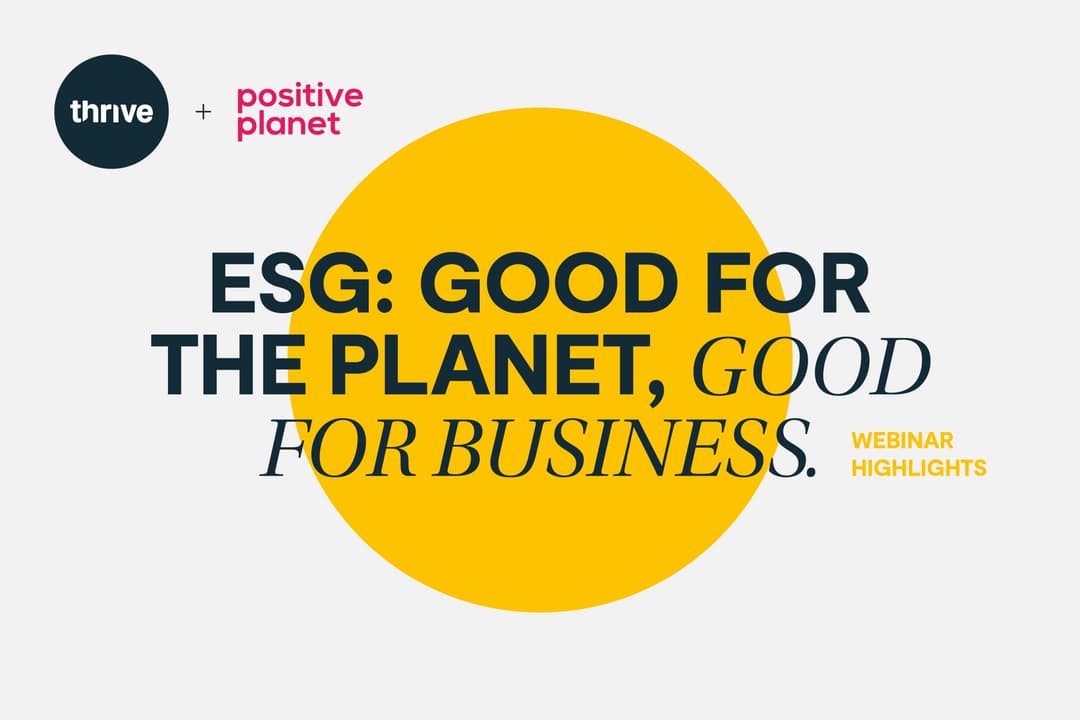Adapting to the disruption AI has had to online search behaviour
27th February 2025

AI continues to change the way that users are searching and consuming information online. In 2024 we saw both Google and Bing implement an AI overview at the top of their search engine results. These collate information from various online sources and provide users with concise answers to their queries without the need to visit a website.
More and more users are also moving away from traditional search engines and are using AI powered chat bots such as chat GPT to find information and get answers to their questions.
These are liked for their ability to respond quickly to complex queries and their conversational manner which allows users to ask follow-up questions. Most websites are now seeing traffic from this kind of source, and many people are using these on a daily basis.
AI brings both challenges and opportunities, and like any disruption, adaptation is required.
1. Focus content on keywords which require a deeper explanation and intent to visit a website
It might seem the most important thing right now to be appearing in Google or Bing’s AI overview. However, the fact is that these don’t often lead to traffic to your website as users get the information they want direct from the search results.
Instead, we need to focus our content on keywords or phrases that show intent to visit a website or that a deeper explanation is required. We also need to adapt our content accordingly. Making sure we produce high-quality content with detailed answers and explanations. Something the AI overview doesn’t do.
2. What content can’t AI produce?
Your content strategy also needs to be adapted to consider what AI can’t produce. AI is great at providing top level answers to queries but struggles to cover topics in any real detail.
AI also doesn’t have an opinion and can’t provide genuine experiences and anecdotes that users trust and find valuable when researching and looking for information on products and services.
Including reviews, user generated content, new research, graphs, stats, imagery, and video in your content is also vital. These are all things AI can’t produce and doesn’t include in its results.
3. How do we get AI chat bots to recommend our brands?
Platforms like ChatGPT are going nowhere. A growing number are using them daily to get answers to their queries and find the information they require. Most of our clients are also beginning to see website traffic from this kind of source.
The big question is, how do we get AI chat bots to recommend our brands?
Firstly, you need to be discoverable. Make sure your website can be crawled and keep your technical and on-page SEO in good health.
Secondly, you need to help AI understand who you are, what you offer, and why users should choose you. A clear and concise ‘About us’ page will do exactly this.
Lastly, just like SEO strategy. You need to be noisy. Use every opportunity to increase your online visibility. This includes directory/listing websites, forums/communities, review sites, guest blogs, partnerships, PR, influencers/social media, and managing your Google business profile.
Ultimately AI is here to stay and is only going to develop. It’s therefore critical as marketeers that we adapt to it and the impact it is having on the behaviour of online users.
If you’re looking for support, don’t ask AI. Get in touch with the team at Thrive.







